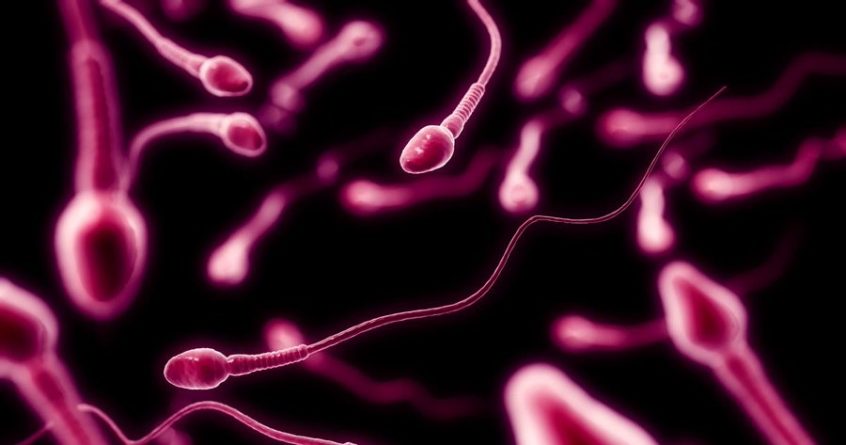The applications of 11,700 men, who offered to be sperm donors in Denmark and the US, were followed by an international team of researchers, led by Sheffield University.
This research is important as the UK relies heavily on imported sperm from donors in these countries.
Fewer than four in 100 men reached the end of the selection process. Why the low success rate?
A sperm donor in the UK must be aged between 18 and 45 and be fit and healthy with good sperm quality. Donors undergo a range of screening tests for genetic conditions and infectious diseases as well as analysis of their family medical history.
Over half the men who applied to be donors withdrew from the programme and nearly a fifth of applicants were rejected because of a health issue.
Anonymity is also a stumbling block. Only four in 10 donor candidates initially agreed to be identifiable. It’s a legal requirement for sperm donors to be identifiable to any children born from their donations.
Just over one in 10 applicants failed a screening questionnaire about their lifestyle and a similar number were rejected because their sperm quality wasn’t good enough.
Lead author of the study, Professor Allan Pacey of Sheffield University, commented: “To our knowledge this is the largest study of sperm donor applicants outside China, and given that the UK relies so heavily on imported sperm from the US and Denmark, it’s important for us to understand the recruitment processes there and reassure ourselves that they’re safe, as well as to see if there’s anything we can do to improve them.”
Since 2006 it’s been illegal in the UK to use sperm from donors who are unwilling to be identified to any people born from their donations.
Therefore, in the new study, Prof Pacey and the team looked at how many of the donors at US sperm bank Cryos agreed to be identifiable.
Interestingly, the team found as the screening and donation process continued (men donate regularly for many months) more of the donors who initially wanted to remain anonymous agreed to become identifiable.
Prof Pacey added: “The study with Cryos highlights how hard it is to become a sperm donor.
“It’s not like blood donation where once it’s done you can have a cup of tea and go home.
“This is a regular commitment with lots of screening and testing as well as lifelong implications if any children are born from their sample.”

